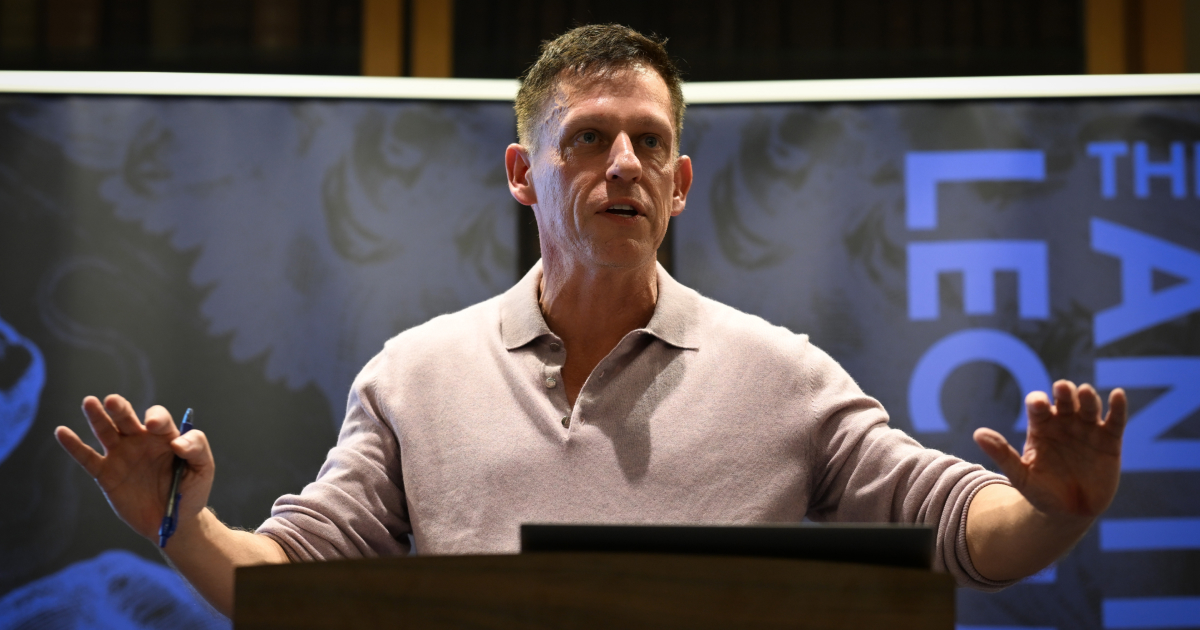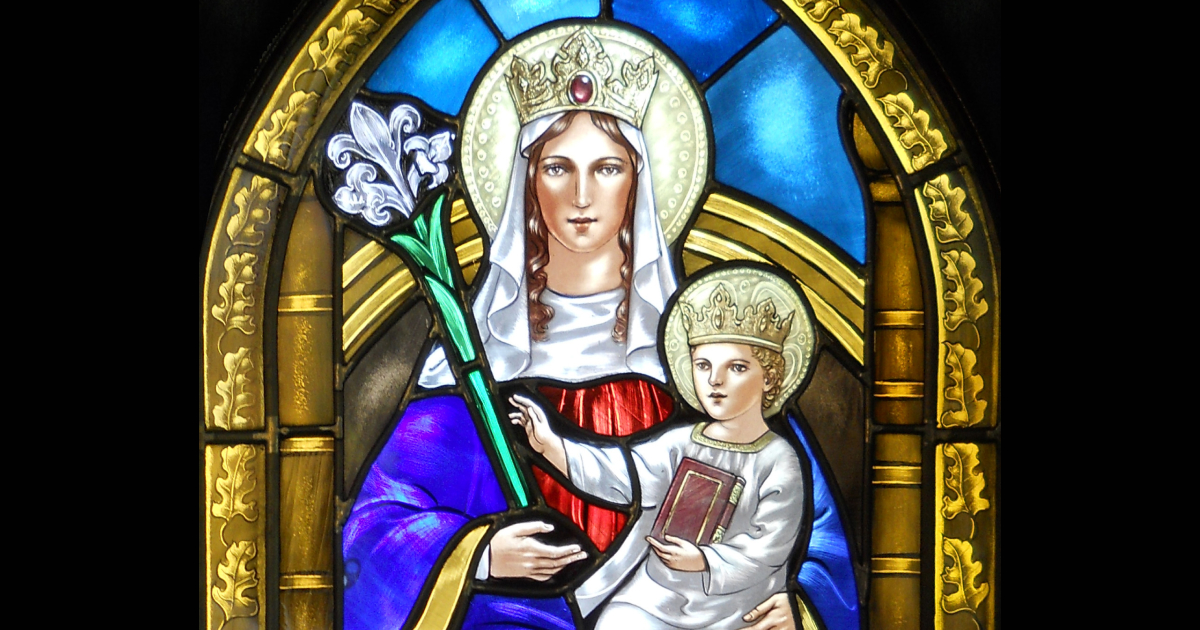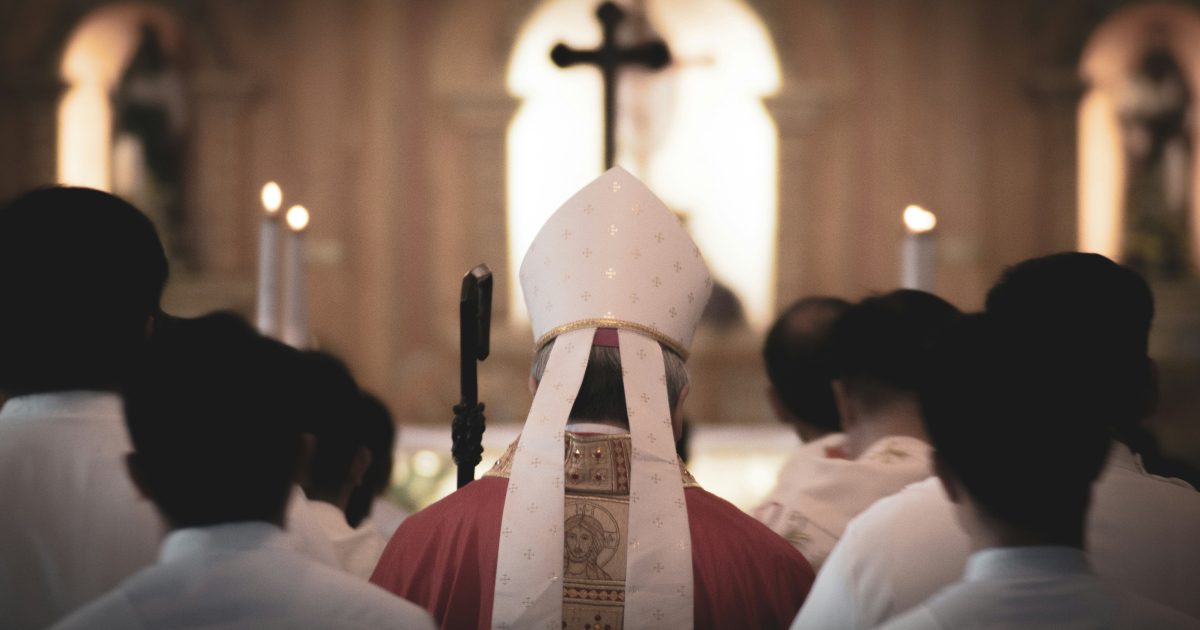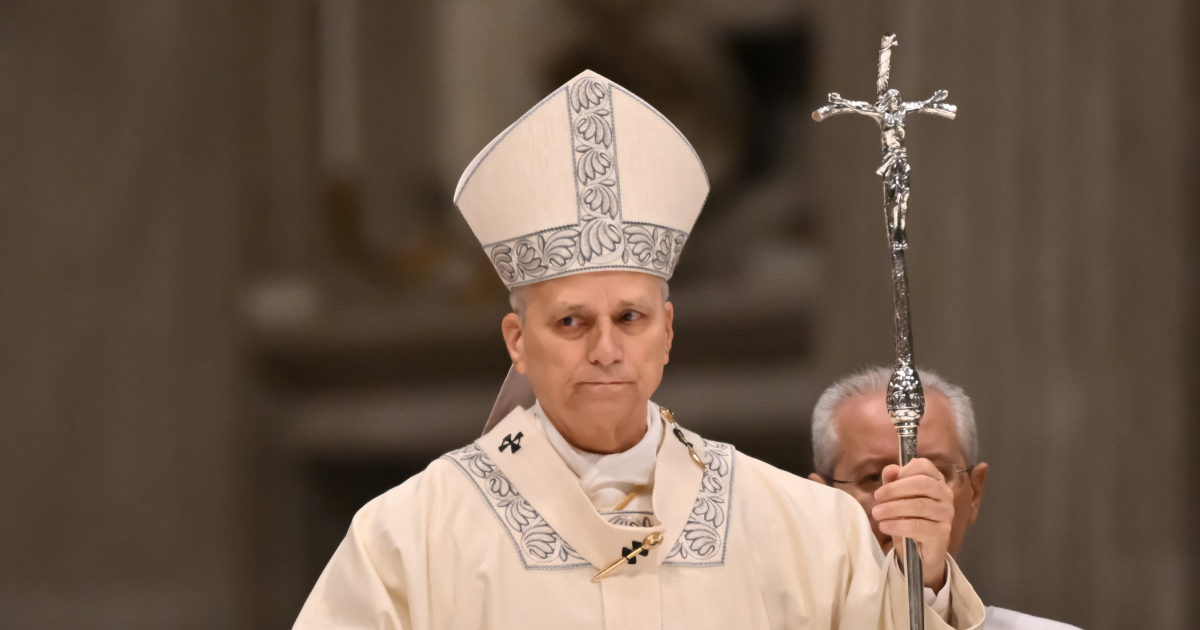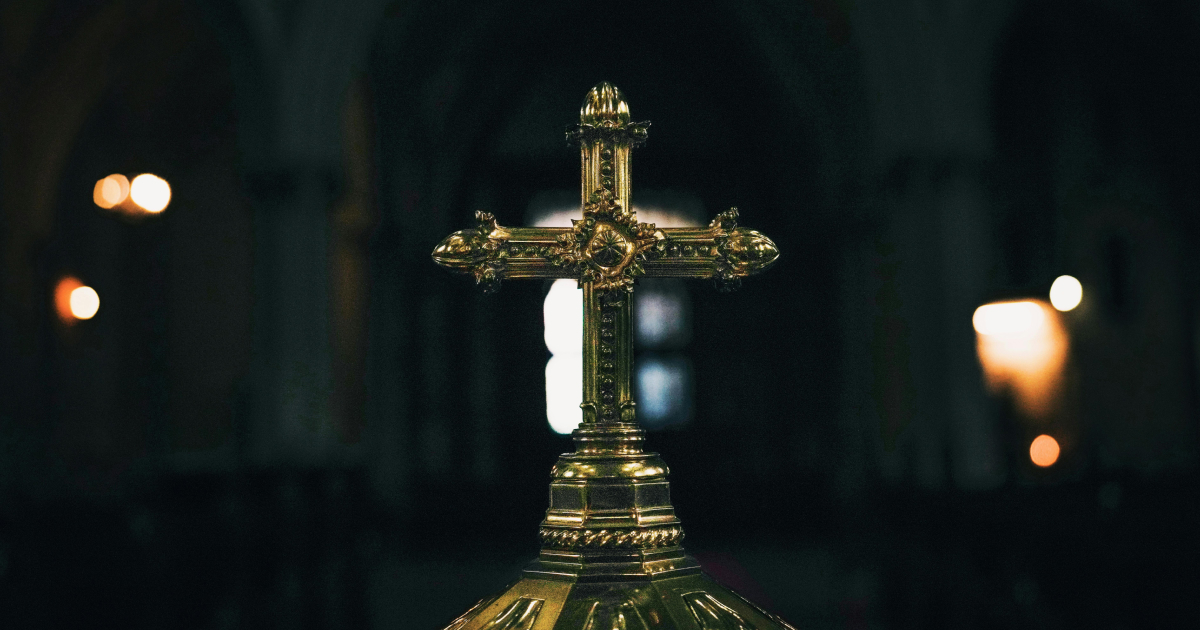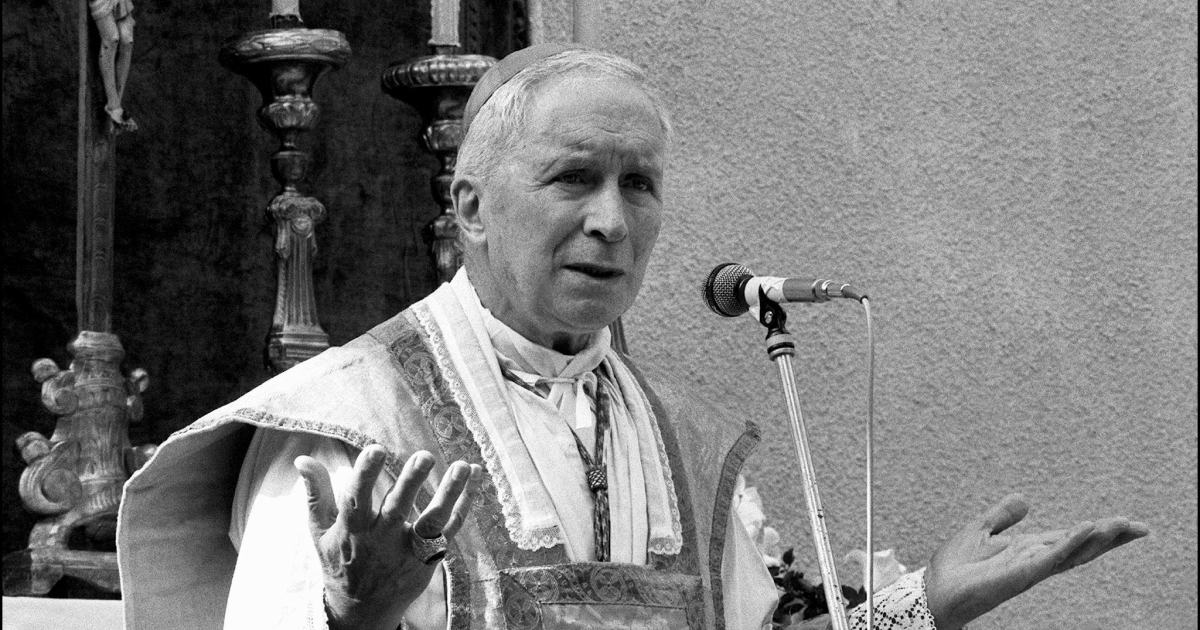In recent months the British media has been full of coverage about babies made using DNA from three people. The BBC’s coverage, which was entirely typical, quoted the mother of one baby boy speaking of “hope, joy and deep gratitude”, with glowing encomiums from other commentators on the technique, which the BBC described as follows:
“The eggs from both the mother and the donor are fertilised in the lab with the dad’s sperm. The embryos develop until the DNA from the sperm and egg form a pair of structures called the pro-nuclei... The pro-nuclei are removed from both embryos and the parents’ DNA is put inside the embryo packed with healthy mitochondria.”
The article noted, briefly and vaguely, that fears of “designer babies” had been raised “when the technology was debated”.
Once upon a time, and not so very long ago, a story such as this would also have contained a quote from someone who did not greet the news with unalloyed joy and who might have even been given the chance to describe accurately some facts which joyous euphemism had hidden. That person might have pointed out that this technique involved two embryos created purely for spare parts, who are then destroyed and combined to form a third embryo – a “pronuclear clone” of the couple’s gutted embryo, also containing material from the second gutted embryo. In other words, some accurate yet far from soothing terms might have entered the debate, such as “embryo destruction”, “cloning”, and “no-parent baby”.
The media coverage glossed over both the technique itself and what is morally at stake. Our polity claims to require an informed public in order for such matters to be democratically discussed – yet how is this possible when the media systematically misleads, acting in effect as a PR agency for scientists who profit from such techniques?
Once permissive laws are made with appeal to “science” (in fact, the moral prejudices of some scientists or doctors, packaged in misleading terms), may lead naïve or desperate clients to seek unspeakable procedures, and healthcare professionals inspired by a Christian or Hippocratic vision may have their own consciences endangered. This has conspicuously happened with abortion in the UK, where not only are numbers higher than ever before, but abortion has now been decriminalised, at least for the mother, right up to birth.
In Britain, the failure of secular ideologies has not led to any diminishment of what John Gray calls “elite faith in science”, in which he rightly detects the themes of “a millenarian religion”. Of course, what gets to count as “science” bears very little relation to either science or moral truth.
What can be done to correct this dire state of affairs? With the disappearance of the Anscombe Bioethics Centre at the end of July, which contributed an authoritative intellectual and Catholic voice on these matters, Britain has lost one source of guidance when it comes to healthcare ethics.
The BIOS Centre, where I work, remains: we provide a Hippocratic focus for bioethics research, with staff including Dr Helen Watt, a former Anscombe Centre director, who has for many years helped Catholics over questions of conscience in these areas. In Scotland, the Scottish Council on Human Bioethics does similar work.
On the ground, the Catholic Medical Association and, for Protestants, the Christian Medical Fellowship provide peer-to-peer advice. This advice, and the academic research that can ground it, will be all the more important if Kim Leadbeater’s bill to allow assisted suicide eventually becomes law. Complicity questions raised for healthcare professionals and others by different degrees of “closeness” to the practice will need careful thought and discussion.
Meanwhile, bioethicists and healthcare professionals have provided and continue to provide advice to inform our lawmakers: the passing into law of the Leadbeater bill is not a foregone conclusion. Readers of the Catholic Herald may be interested in the BIOS Centre’s series of seminars and a panel discussion now on YouTube which describe the experiences of other legislatures which have gone down this path.
Developments in medicine which threaten the sanctity of vulnerable human life have the power to transform a culture, not least when they undermine the internal ethic of medicine which makes sense of it as a moral practice. In treating human lives in ways which erode our notions of medical care and parenthood, they also threaten to exclude from the medical profession those who try to remain true to the Hippocratic view of medicine: healing the sick while refusing to use the medical arts to harm human beings. The Hippocratic Oath paradigmatically rules out both euthanasia and abortion.
Where to turn? Of first importance in the formation of conscience on medical matters is education in medical ethics. Medics typically receive very little education in ethics, and what they do receive is often crude in the extreme, consisting in hand-waving accounts of deontology versus utilitarianism, topped off with gestures to the effect that medics should make sure that they “respect” four “principles”. These are listed as autonomy, non-maleficence, beneficence and justice.
The pioneers of this approach are Thomas Beauchamp and James Childress, yet what they propose barely counts as moral philosophy. It does not seriously concern itself with settled virtues of character embodied through intentions, and threatens, in the face of conflicts between “principles”, to descend into mere subjective preference camouflaged as rational weighing. With thin gruel such as this being offered to our medical students, and with the public widely misled on medical developments, the need for a rigorous and coherent account of the ethical practice of medicine is imperative.
Adequate research as well as education is required, though the latter is essential. The BIOS Centre and the Catholic Medical Association both provide informal continuing education for healthcare professionals and others in the form of online or in-person seminars or meetings. Catholic chaplaincies such as at King’s College London from time to time provide medical ethics courses.
As regards formal education, St Mary’s University, Twickenham – which has a Centre for Bioethics and Emerging Technologies and also plans to open a medical school – offers a Catholic-friendly postgraduate programme in Bioethics, while the Maryvale Institute teaches some medical ethics as part of their Bachelor of Divinity degree provision.
Various places in Europe also offer degree courses covering Catholic bioethics, including the International Theological Institute in Trumau, Austria, where each year I teach a unit on medical ethics in English to students eager to defend those principles which make sense of medical practice.
Medical ethics is not some optional extra which Catholics can just leave to others. It touches on issues which radically affect our attitudes to the human person, parenthood, sexuality, and the meaning of solidarity in the face of what Pope St John Paul II called “the culture of death”. Cultures which allow the thought that some innocent human beings may be sacrificed for social goals form our attitudes and motivations in multifarious ways. As this mindset becomes dominant, it can make its alternative appear “unreal”.
It is no easy thing to resist such a culture, and the hard work must begin with supporting those remaining institutions that have the expertise and determination to make real an alternative in our hospitals, medical schools, and homes.
That alternative needs support – both spiritual and material – if it is to reach those who need it.





.jpg)


